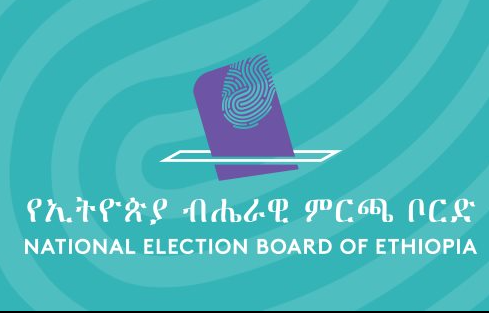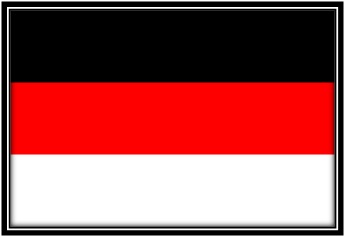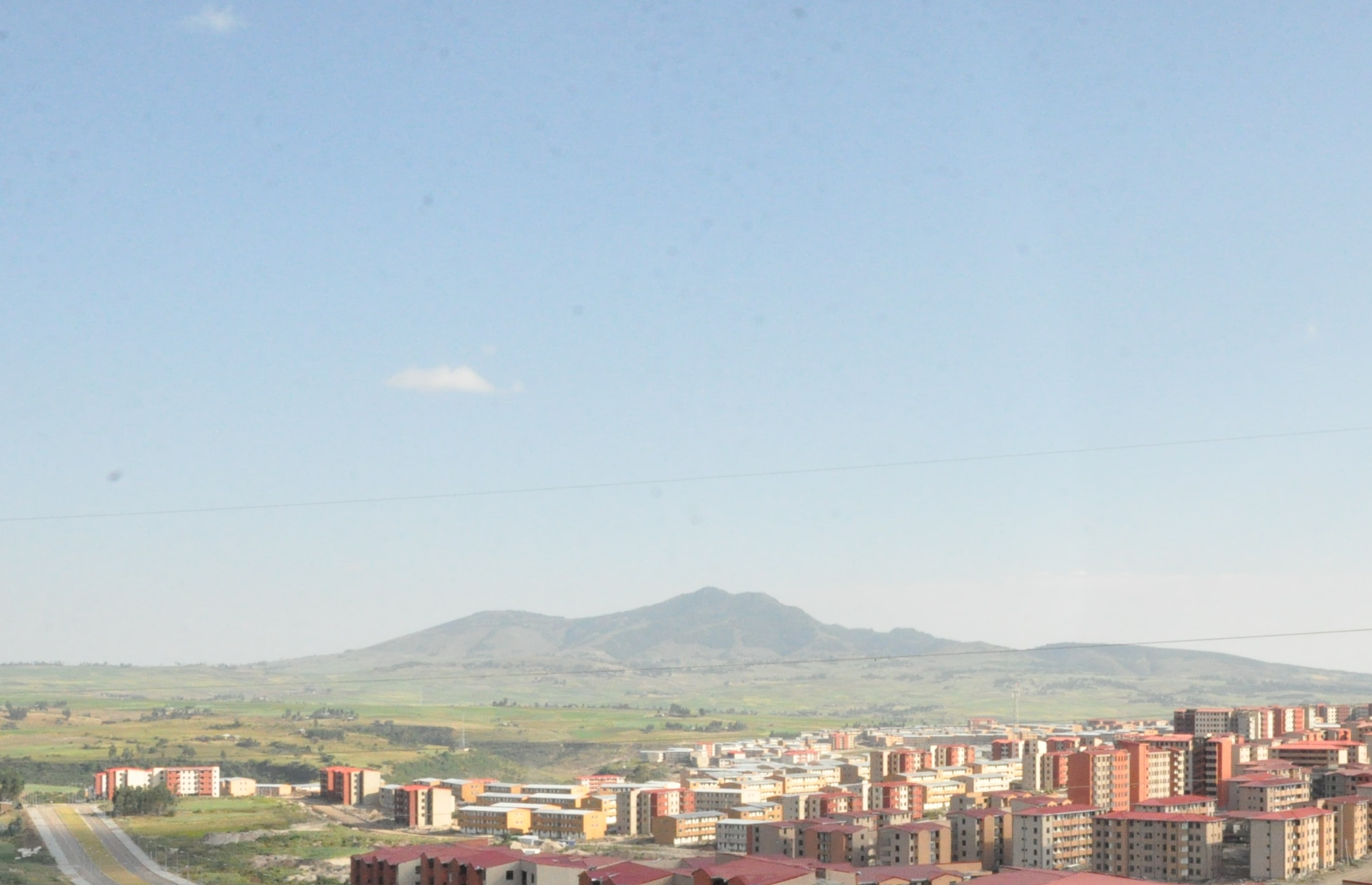Irreecha: Realizing Its Potential Economic Impacts
During the last few days I hear news regarding preparations for Irreecha 2019 events. The Grand Irreecha event has been celebrated at Hora Harsadii (in Bishoftu). Irreecha 2019 will be a special event in that the festival will resume taking place at Hora Finfinnee after interruption for over a century.
There is no officially compiled data on the actual number of people that has been visiting Hora Harsadii on Irreecha day during the first week of October every year. However, anecdotal evidences indicate the number of visitors once was as high as five million. It is anticipated that perhaps the number of people turning up at Hora Finfinnee might exceed that of Hora Harsadii.
These visitor estimates would put Irreecha up there, among the largest festival events in the world. Mega events like Irreecha have multiple socioeconomic effects. Irreecha’s significance as a social and cultural capital of the Oromo people can by no means be over emphasized. This has been well recognized by Oromos, non-Oromos, the government and researchers alike. In this piece I will focus on the rather unrecognized and unrealized potential economic benefits of Irreecha.
If you wonder what economic benefit can there be in Irreecha, then I urge you to remind yourself the familiar situation in which countries trip over each other to host big global events such as regional or world football cups or Olympic events. The bid to compete among countries to host such large events is so stiff that the procedure often turns murky, involving corruption scandals.
The reason countries compete so much is clear: mega events or festivals are a form of tourism. Government uses such opportunities to solve their domestic or local economic problems, regenerate and reinvigorate sections of their communities by using the unusually high visitor spending.
The latter would come as a huge one off injection of additional money on local economies that host the mega event. Once they win the bid to host mega events, governments engage in frantic efforts in putting up facilities in the vicinity of the mega event site. This is partly done by encouraging local businesses to prepare themselves and benefit from the economic bonanza.
As noted earlier, Irreecha attracts millions of visitors from all corners of Oromia as well as from Oromo, and increasingly non-Oromos in the diaspora communities, who often plan their visits to coincide with the Irreecha festivals. Every visitor would arrive at the site primarily to participate in symbolic ritual of thanksgiving but also they would like to stay around and celebrate the occasion with other visitors at ease.
This brings me back to the issue of planning for Irreecha which has been a talking point during the last few days. I suspect most of the preparation is focused on logistical and security matters. No doubt these are paramount issues, and should be given priority. However, it would be essential for the Oromia government and the Addis Ababa Municipality to use the opportunity to boost economic activities around the festival sites.
Every year I keep hearing complaints from those who travelled to Hora Harsadii about severe shortage of accommodation and related services. Economic beneficiaries of such a big event have been limited to a handful of clever business people who offer services at their own initiative. Irreecha visitors often suffer joining long queues to get mundane services such as buying a soft drink. One would need to go all the way back to Dukem or other small towns, or still worse, all back to Addis Ababa.
Irreecha can be an opportunity to create jobs for thousands of Oromo youth. I recall there was a 3.5 billion birr allocated by the Oromia Government to support youth employment schemes. Here is an opportunity. The youth can be organized to form groups who can put up tents in an organized manner and provide all services to visitors: food, drink, or even accommodation.
Alternatively, the youth can rent public halls, such as schools which they can temporarily partition and then use to offer services. Since Irreecha is a recurring event, initial capital can be spent on the required amounts of materials, including modern tents, and related utensils as well as storage facilities.
If the youth are organized in such a manner and start offering services to visitors, and if arrangements are put in place in such a way that visitors can even phone and book places in tents or any other lodging facility, then undoubtedly every Irreecha festivals can produce a few Oromo millionaires. In the meantime, the amount of inconvenience visitors suffer would be reduced and visitors would have the best experience at Irreecha.
Given that Hora Finfinnee will be celebrated for the first time, the preparation for accommodation to host visitors is expected to be severe in Finfinnee. Visitors would encounter more inconvenience than they ever experienced at Hora Harsadii events.
We know that aren’t many Oromo restaurants and hotels in Finfinnee. Hora Finfinnee will offer unprecedented opportunity to make Finfinnee sound like an Oromia City. It is extremely important that the authorities (Oromia Government and Addis Ababa Municipality) synchronize their acts to do their best in hosting Irreecha properly and realizing the untapped economic potential of this big event.
Business support to host Irreecha would mean one stone two birds: celebrating Irreecha and Oromumma with convenience as we should and at the same time creating job opportunity for the youth.










1 Comment
Bulo Feyisa · 2019-08-23 at 19:05
I found it very nice and timely article. Government and private investors must give attention to this great festival. More can be said about the shortage of accommodation, food and different drinks beginning from the eve of this festival.